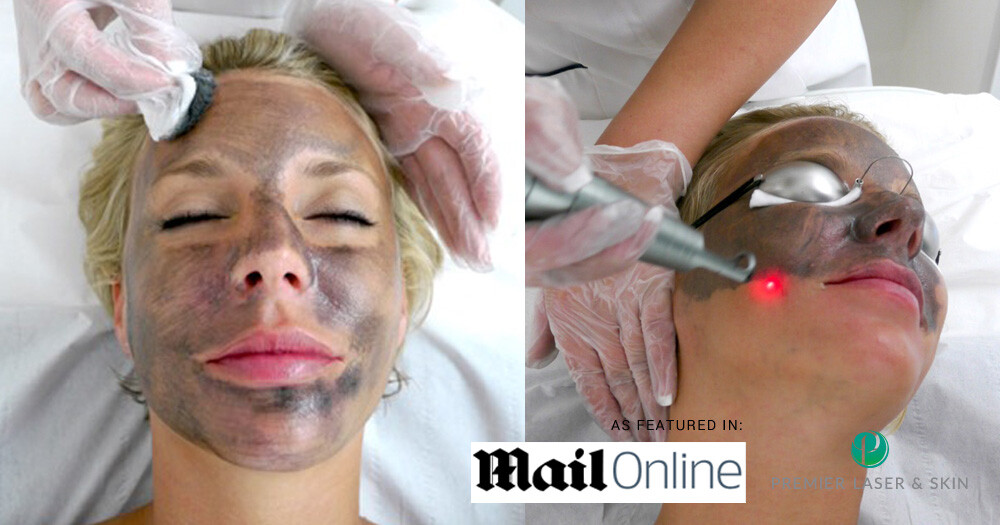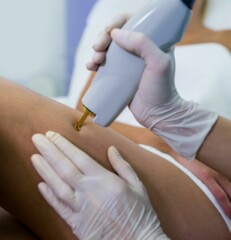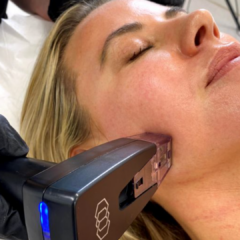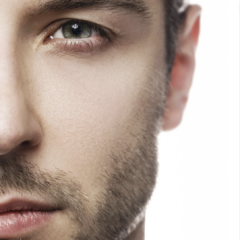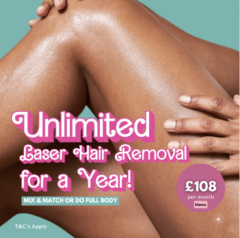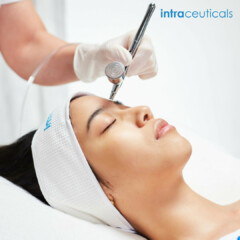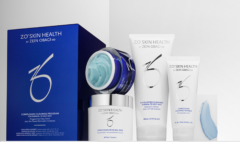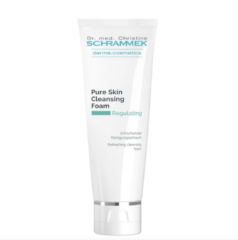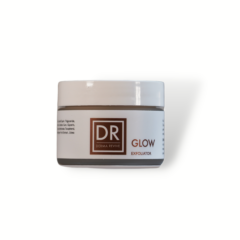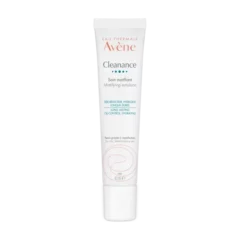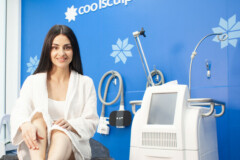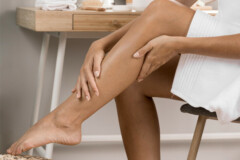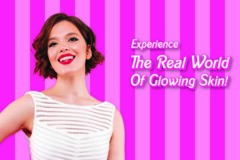We all seek a perfectly peachy complexion, such as those in glossy, airbrushed magazine photos that we see every day. But the truth is, for the majority of us, completely perfect skin is about as achievable as that perfect bikini body. Take off the makeup, and most of us have plenty of minor imperfections in our skin, whether that’s deep pores, blackheads or freckles and moles. For the most part, we simply learn to live with these flaws.
One skin imperfection which can be super hard to live with, however, is acne. Acne is a common condition that will affect most people at some time in their lives. It causes spots to form, usually on the face, but can also occur on the chest, back and on other parts of the body. These spots can be anything from small surface whiteheads and pimples to deep, angry puss filled cysts.
Living with acne can be tough, both for men and women, and can knock your confidence for six. But with a good skincare routine in place you can lessen the chances of a flare up, and can help to balance your skins natural oils to reduce any imperfections that are there.
What is acne?
Acne is the most common cause of spots in people of all ages. Most commonly it occurs in people between the ages of 12 and 25, but it can occur at any stage of life. It is caused when the sebaceous glands under the skin start to produce too much of an oily substance called sebum. Designed to keep your skin and hair lubricated, too much sebum can block the pores and cause spots, or acne.
Acne can be classified as mild to moderate, or as moderate to severe. Severe cases can last for several years, and can require GP intervention to avoid permanent scarring.
- Mild to moderate acne: Some pores will become blocked, which may be seen as blackheads or whiteheads when closely inspected. In some cases, sebum may collect beneath the blocked pore, which can show as a small pimple. These can occur in isolation, or can sometimes be in a group of several pimples, but will usually calm down on their own with a good skincare routine.
- Moderate to severe acne: This trapped sebum under the blocked pore provides the perfect breeding ground for a bacteria called Propionibacterium acnes. If a large number develop in the trapped sebum, the immune system will react to their presence and will cause pus filled spots, which an even become cysts over time. These can cause long term scarring or pits after the infection is long gone, which is why it’s important to seek medical advice if your acne becomes uncontrollable or severe.
Suffering from acne can make life a nightmare, particularly if you are a self-conscious teen just getting used to an adult body. But it’s not just teens who suffer; in fact, more and more we are seeing adults in clinic who are fed up with being spotty well into their mature lives.
Why do you get it?
There are a number of reasons you might develop acne, and believe it or not, it’s got nothing to do with poor hygiene. The most common triggers for an outbreak are:
- Testosterone: Teenage acne is often caused by an increase in testosterone, which naturally occurs during puberty.
- Hereditary: If your parents had acne, chances are you might develop it too.
- Hormones in women: Women can develop adult acne due to hormonal changes around their periods, if they are pregnant, or as a symptom of polycystic ovary syndrome.
- Medication: Some medicines are known to cause acne, such as steroids, lithium (used to treat depression) and some anti-epileptic drugs.
- Pressure: Wearing items that create pressure on an area of your skin, such as headbands, glasses or backpacks, can trigger acne
- Smoking: A large proportion of adult acne is attributed to smoking
Although you can breathe easy that your acne was not caused by a poor skincare routine, that doesn’t mean that a good skincare routine can’t help send it on its way. Being kind to your skin, meticulously looking after its condition as well as drinking lots of water and eating healthily, can only increase your chances of getting acne gone, and keeping it gone too.
At home treatments
There are a number of things you can do in your own home to reduce the appearance of acne and lessen the chances of more flare ups. Here’s how:
- Keep clean
It’s important to wash regularly to remove dead skin cells, free radicals and excess oil from the surface of your face, whether you have acne or not. Avoid using soap, as this dries your skin and will encourage those sebaceous glands to go into overdrive. A simple cotton flannel with warm water and a mild facial cleanser is all you really need.
- Moisturise
It might seem like conflicting advice to add moisture to overly oily skin, but actually it can work wonders. Hydrate your skin with water before applying the moisturiser, and use a gel based product if you have naturally oily skin.
- Treat
Over the counter acne remedies do work, so don’t be afraid to ask your pharmacist for a recommendation next time you’re in the chemist. Most products will contain an antibacterial agent, an exfoliant and possibly a drying agent to clear out the pores, so be careful with these if you have very sensitive skin. Use a moisturiser afterwards to repair the dried out area.
- Reduce makeup
Again, a contentious point. Surely when you have a break out, what you really want to do is cover up, right? Well, unfortunately you’re only asking for trouble, as foundations and cover-ups will only block the pores even more. Try to avoid makeup if you can, or use oil free makeup and make sure you wash thoroughly at the end of the day.
- Don’t touch
Keep your hands away from your face, and try not to prop your cheek or chin in your hand. Hands are little devils for spreading bacteria, and can increase infection and irritation if you touch affected skin.
Clinical treatments
There are some incredible treatments right here at Premier Laser Clinic which can sort out your acne in a flash. One of our most popular is the Spectra Laser Peel, favorited by celebrities and guaranteed to help with acne scarring, freckles and age spots.
This three part treatment literally resurfaces your skin, shedding years in one swoop and providing effective, lasting rejuvenation all over. It has been said to be the equivalent of having four chemical peels in one session, but without any of the pain, downtime or complications.
Another popular treatment with our acne prone clients is the Anti-Acne Peel. This treatment has been proven to not only enhance the appearance of the skin, but also to reduce the frequency and intensity of acne breakouts, giving you the confidence to go bare faced more often.
Using Beta Hydroxy Acids and Alpha Hydroxy Acids, this treatment is able to heal existing blemishes and reduce the concentration of acne causing bacteria on the skin. This helps to rebalance the skins natural oils, resulting in a smoother, more even complexion after just one treatment.
Find out more about the modern method of treating acne. Call Premier Laser & Skin today for a free consultation and further advice.

